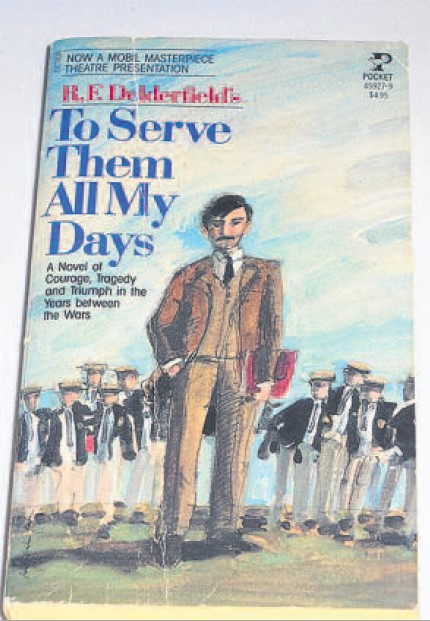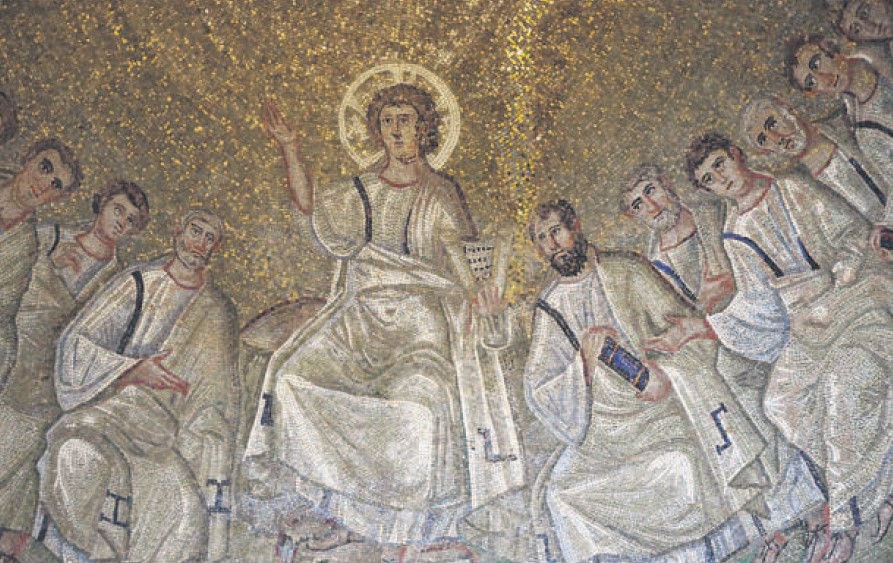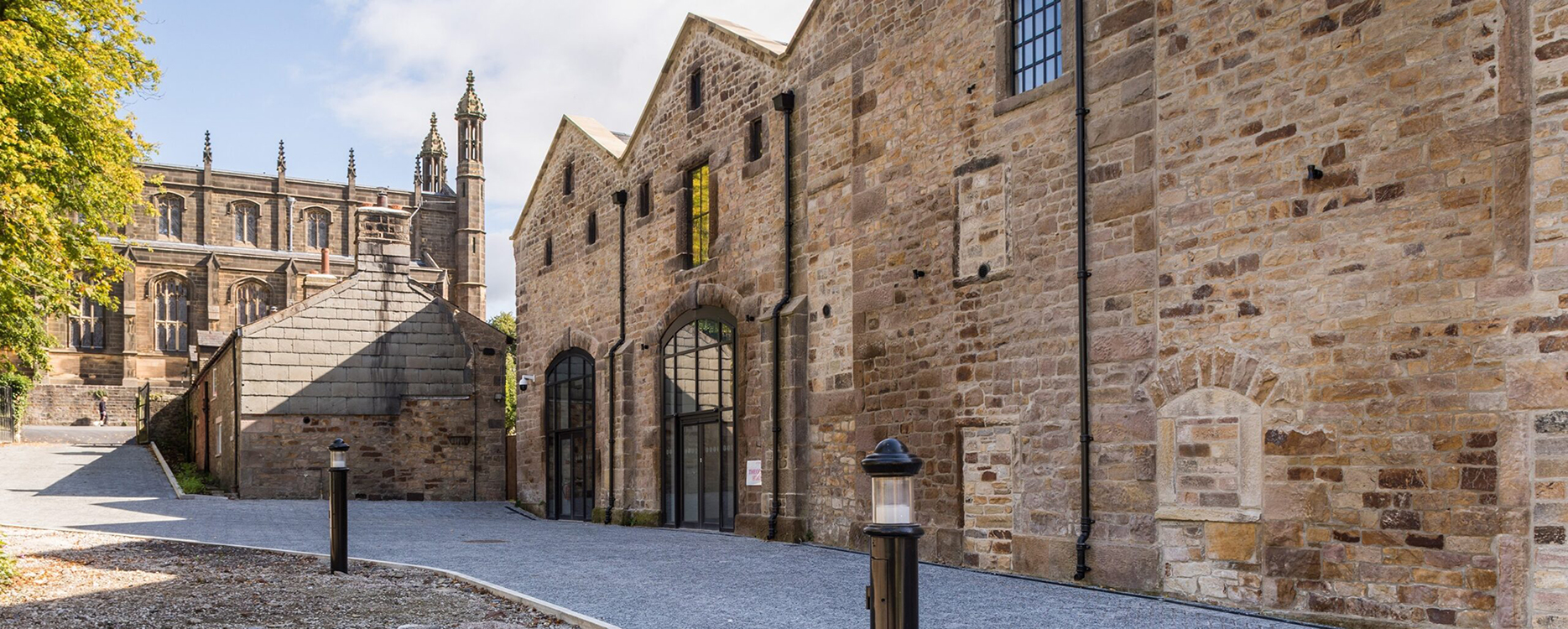Friday 7th June 2019
The CHC @ The Catholic Universe
Finished? Theodore House has only just got started on its main mission
Lord Alton of Liverpool
A Jewish rabbi once said that “the man who thinks he is finished, is finished.” And that is also true of charitable projects like the Christian Heritage Centre. Its flagship building, Theodore House, is now open and providing accommodation for retreats, conferences, formation, visitors exploring the Tolkien Trail, besides simply providing a wonderful place to recharge batteries in an overly frenetic world. But the project is still not complete. The library space in Theodore House needs developing, and funds raising for good shelving and the provision of a twenty-first century study centre and reading room.
In the world of Google, Snapchat, Instagram and general information overload, any institution that is serious about learning understands the need for and ever-greater challenge of getting people to read. Indeed, reading has been at the core of human learning for millennia, playing a pivotal role not only in our mental development but also in the formation of our character. Providing the opportunity for visitors to Theodore House to have access to good books and good writers, especially when some of the rooms in Theodore House are named after great Christian writers – C.S.Lewis, J.R.R.Tolkien and G.K.Chesterton – is therefore high on the priority list. Not to forget, of course, that this was home to the Jesuit poet, Gerard Manley Hopkins.
The centrality of reading to learning is reflected in the naming of Theodore House’ Library for two singular Catholic teachers, Peter and Bridget Hardwick. For many years Peter led the English Department at Stonyhurst College, and Bridget was the first woman on its staff. Peter was very widely read, having a great love of literature.

He would have shared Mark Twain’s opinion that “The man who does not read good books has no advantage over the man who can’t read them.” The Hardwicks were everything you would expect inspired teachers to be: kind but firm, always encouragers, always on the lookout for whatever hidden talent they knew would be lurking somewhere not far beneath the surface.
However, teachers also need sustenance and encouragement, and The Christian Heritage Centre is mindful of the need to provide space for renewal and refreshment for the Christian teacher. The vocation of the teacher is, after all, a high one: the ultimate Teacher is Our Lord Himself, of all things that are good and true. Thus, the Great Teacher had no time for accusers who delighted in the sins and shortcomings of others; likewise, every child needs inspiring teachers to give them encouragement to help them deal with successes and failures, with life and death. It is perhaps no surprise that one of the great success stories of the Catholic Church in the UK are its schools. Waiting lists and high demand for places illustrate the confidence parents have in the values and ethos of Church schools.
R.F.Delderfield’s moving story, “To Serve Them All My Days”, beautifully reminds us of one of the central principles of this ethos: namely, that to have the education of children entrusted to you is an amazing privilege. The story is the account of a World War One Second Lieutenant, David Powlett-Jones, a coal miner’s son from South Wales, who, in 1918, after three years of active service, is injured and shell shocked in the trenches – a rare survivor among “the lions led by donkeys.”
On being sent back to Britain, Powlett-Jones is sent to Bamfylde, a fictional independent school in North Devon, where he is told, while he recuperates, to go and teach history. What is supposed to be a temporary post leads him to discover his true vocation as a remarkable teacher.

Just as the wisdom of the Headmaster, Algy Herries, helps David Powlett-Jones, “P.J” or “Pow-Wow” (nicknamed because of his ability to moderate solutions through discussion and debate), to be healed emotionally he then uses the same skills to develop and encourage the pupils in his own charge – many of whom are experiencing their own traumas. Before the story ends with the outbreak of the Second World War, PJ has experienced tragedy, bereavement, rivalry, triumph, failure, distress and exhilaration. The book is aptly titled “To Serve Them All My Days”, because that is what any good teacher must do.
Like PJ, the Hardwicks were examples of teachers who serve their charges with great love and faith, which ultimately find their real sense in the context of our earthly end.
Just before he died, Peter Hardwick gave the anthology of John Donne’s “The Divine Poems” to the Library. Included in the anthology is Donne’s Holy Sonnet on Death. It defiantly rebukes death, telling us that:
“Death be not proud, though some have called thee
Mighty and dreadful, for thou art not so,
For, those, whom thou think’st, thou dost overthrow,
Die not, poor death, nor yet canst thou kill me.”
Donne’s Sonnet recalls the central belief of Peter and Bridget Hardwick that beyond the grave is the promise of resurrection and eternal life:
“One short sleep past, we wake eternally,
And death shalt be no more, Death thou shalt die.”
They would have shared the opinion of the Benedictine monk who once remarked that the whole purpose of a Catholic education is to prepare us for death.
Such a preparation, as the Hardwicks demonstrated, involves living our life on earth well. They taught children to show great charity and sensitivity, all the more when things went wrong in someone else’s life. Like our Teacher, they particularly despised the tendency, so prevalent today, to gleefully humiliate people for their failings or when they fall on life’s Via Dolorosa. So rather unsurprisingly, the retired Hardwicks took a great interest in the treatment of offenders, encouraging retired colleagues to volunteer and use their teaching talents to provide literacy and other classes in the local prison.
At the same time, Donne observes our own infinite capacity to disappoint ourselves and our friends. Reflecting on this in his “Hymn to God the Father”, he writes the following refrain to God:
“When thou has done, thou hast not done, For I have more.”
And so he reaches the same conclusion as the Rabbi: not to imagine that we have finished. When it comes to educating both ourselves and others, such a reminder is particularly poignant. For the goal of our earthly education is to bring us before our Heavenly Teacher, and our education is not finished until we reach the end of our earthly pilgrimage.
Even a good library has its value for eternity!

For further details of how to help equip the Hardwick Library contact Stefan Kaminski at director@christianheritagecentre.com
